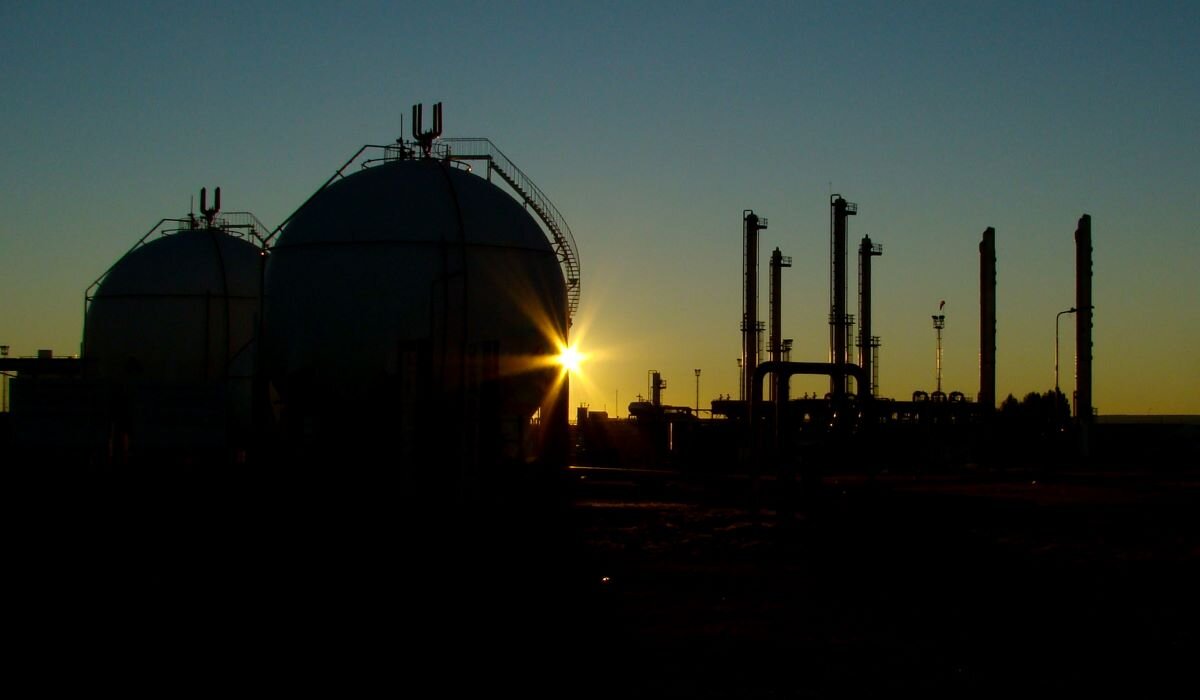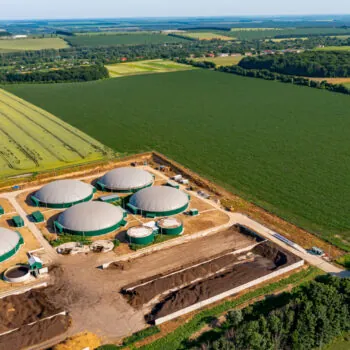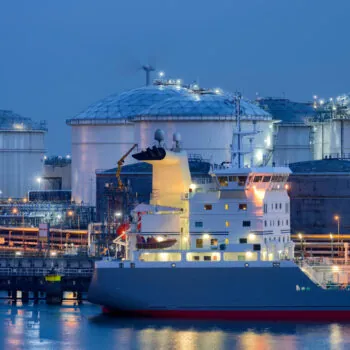Germany wants to replace two-thirds of Russian gas with LNG. Instead, Germany should focus on urgently reducing gas demand. Reductions of 15-20% are technically possible in a year, but its current projections only suggest a reduction of 2%.
The push towards LNG is not only expensive. There are several political reasons why focusing on gas demand is a much better choice:
- Geopolitical: Opening strategic space vs. Russia and preparing for all contingencies, sending a strong signal to China and the Global South.
- EU: Germany regaining leadership credibility, not further alienating CEE-MS.
- Domestic: Avoiding squandering resources on a costly and polluting LNG lock-in.
To harness these political wins, Germany needs to flatten the curve of rising gas consumption in the upcoming autumn and winter months, employing an all-of-society approach similar to the one of the COVID-19 pandemic. Flattening the curve through an emergency programme buys time before the widespread deployment of electrification and renewables takes full effect. It is the only way to shield German industry and households from higher costs without compromising the energy transition.
The short-term social and economic costs need to be addressed and there must be strong communication on the political case of this approach.


